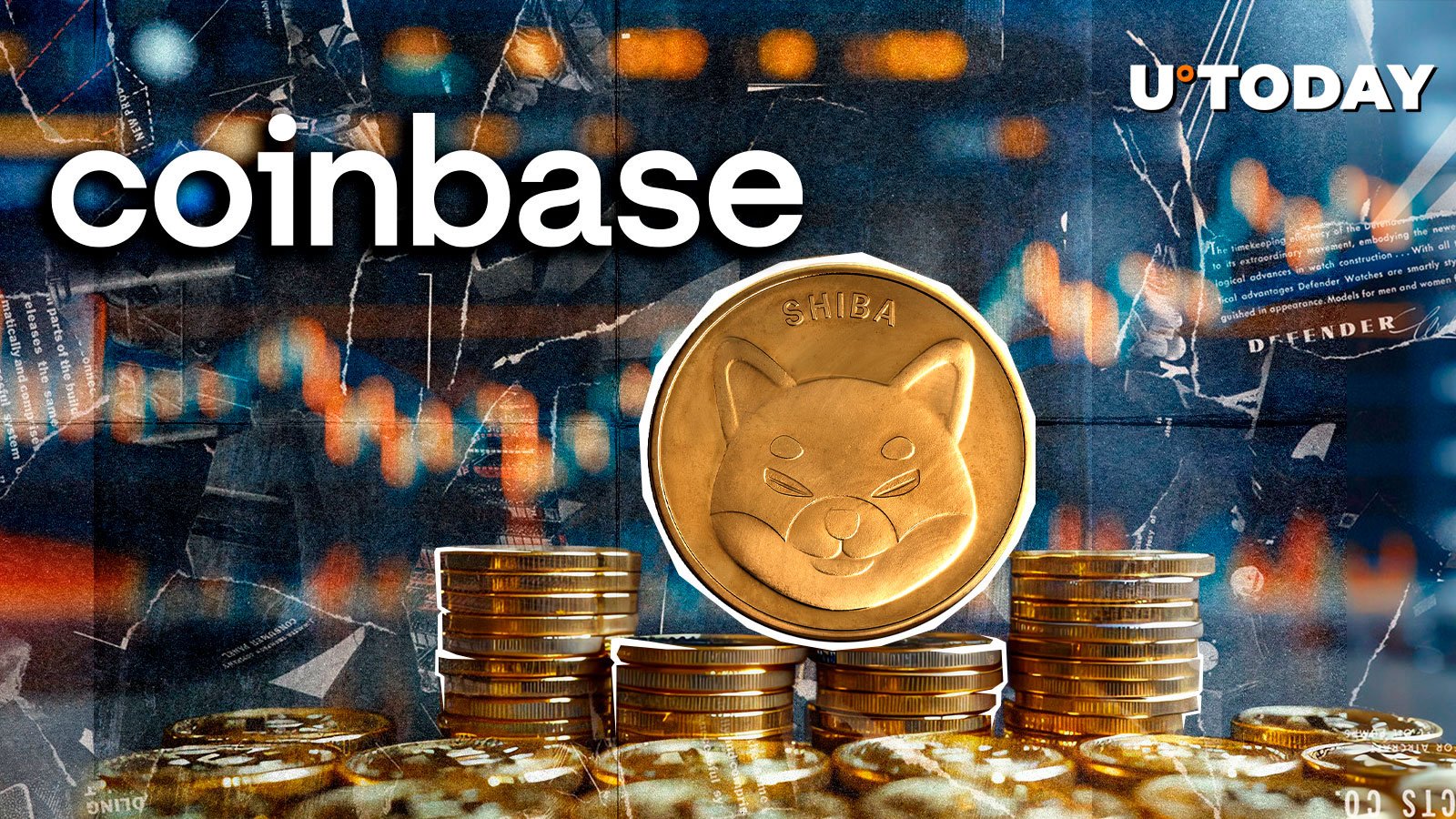You probably come across a lot of paperwork and restrictions when it comes to buying a piece of real estate or a company share in the real world.
Security tokens offer a solution to this problem by becoming a digital representation of your real-world asset in the blockchain world.
In this article, we’ll take a deep dive into what are security tokens, their types, how they work, and their future in the cryptocurrency world.
What is a security token?
Security tokens are the bridge between traditional finance and digital assets. These non-tangible tokens represent your ownership in the real world and hence make the whole process of buying, selling, and trading real-world assets a whole lot easier.
It can be any real-world asset including real estate, stocks, bonds, or even a piece of art. If it’s tangible and can be bought and sold, it can be tied to a security token through which ownership can be transferred easily from one person to another.
While normal cryptocurrencies may not be subject to many regulations, tokens acting as security must abide by stringent regulatory laws to keep operating as a security. They are usually issued through a process known as Security Token Offering (STO), in which interested investors buy tokens that represent their ownership of any physical or digital asset in the real world.
Now that we’ve explained security tokens, let’s learn how they work.
How do security tokens work?
Security tokens operate on blockchain platforms that are coded through smart contracts that abide by strict laws of ownership and transfer, coded within them. Each token represents an ownership or a real-world asset, and anyone who owns a token acting as security has a legal claim to a share of the asset to which the token is tied.
As discussed above, these tokens are issued through an STO which ensures the rights of both the issuer and investor of the token. Blockchain and smart contracts play a key role in automatically calculating and transferring ownership of security tokens from one party to another without the need for third-party intermediaries.
Furthermore, anyone can own a fraction of a real-world asset and isn’t bound to buy the whole asset, making this concept even more attractive for global investors.
Types of security tokens
There are many types and examples of security tokens in the real world, however, not all of them are popular. Here we will discuss some of the most commonly used tokens that act as securities for real-world assets:
Debt tokens: Companies can issue debt tokens that represent loans or bonds issued by them, and these tokens are then used for paying interest to token holders over time.
Equity tokens: Equity tokens are given to anyone who purchases a company’s share or ownership. In return for buying equity tokens, a person can vote on governance matters and claim the company’s profits as long as they hold the equity tokens and don’t transfer them to another user.
Asset-backed tokens: Asset-backed tokens are one of the classic security tokens examples, as they tied to tangible assets like real estate, gold, or artwork. These tokens give investors fractional ownership of these assets, making these big markets easier to access for a global audience.
Each type of token that acts as security offers unique opportunities for investors to diversify their portfolios and gain exposure to new asset classes while maintaining compliance with regulations.
Advantages of security tokens
Security tokens offer a lot of advantages to the global financial ecosystem which includes investors, issuers of these tokens, and the general public as well. Here are some of them:
Liquidity: Limited access means less liquidity and this restriction is lifted when real-world assets are tied to securities which are represented by digital tokens that can be bought by anyone in the world without much paperwork or travel.
Transparency: Every transaction on the blockchain has a permanent record, is secure, and is tamper-proof and all of this promotes transparency between the issuer of the tokens and the investors as well.
Fractional Ownership: Not everyone has the same level of financial capacity to buy an expensive piece of art or real estate. Instead, tokens acting as security allow everyone to buy some part of a real-world asset and sell their part of the asset in profits, when that asset has appreciated over time.
Automation: The lack of human involvement on the blockchain on which these tokens operate, reduces any administrative costs and errors. Real-world assets are bought and sold seamlessly, and dividend distribution and ownership transfers happen within seconds by following automated hard-coded laws in the blockchain’s smart contract.
Security token vs cryptocurrency
While both cryptocurrencies and security tokens may seem the same at first glance, in reality, they have a lot of differences between them.
You see cryptocurrencies like Bitcoin or Ethereum are digital money that are traded on crypto exchanges and are primarily not tied to any asset or claim, and are purely used as a store of monetary value.
On the other hand, tokens acting as security directly represent ownership of assets in the real world. They are also required to follow strict laws of traditional investments in the real world. Cryptocurrencies are unregulated and often decentralized, while tokens issued as securities are issued in a legal environment with regulated and documented laws.
Challenges and risks
Regulatory uncertainty poses the biggest challenge and risk in the mass adoption of tokens that are deemed as securities or plan to apply for becoming a security token. While many countries have shown interest in this concept, there is still confusion about when proper laws will be formed around these tokens that provide a sense of security for investors and issuers alike.
Not being widely accepted also means that liquidity can be a big problem as they are not yet traded on traditional exchanges. A limited market means it is difficult for a common investor to invest in tokens acting as security and choose to go for traditional cryptocurrencies instead.
Also, the technology behind these tokens on the blockchain is still evolving, which means a potential threat of security breaches is possible.
The future of security tokens
According to several experts, tokens registered as security have a bright future ahead of them and will completely transform the financial sector. This means that the capacity to tokenize a broad range of assets, is anticipated to grow and we may get to see more security token examples in the future.
Furthermore, advancements in smart contract technology will make asset ownership and transfer even more efficient. A wider institutional acceptance of blockchain-based securities is expected which might boost traditional financial sectors including private equity, real estate, and banking.
Overall, the future of these tokens is heavily dependent on two key factors. One is the extent of advancement in blockchain technology and whether it can handle the risks and capacity of challenges that will arise. And secondly, it is regulatory compliance on a global scale that will make or break the future of these tokens in the real world. In all of this uncertainty, your job is to learn what is a security token and spread awareness about its advantages and risks in your ecosystem which may fuel its adoption significantly.








Leave a Comment